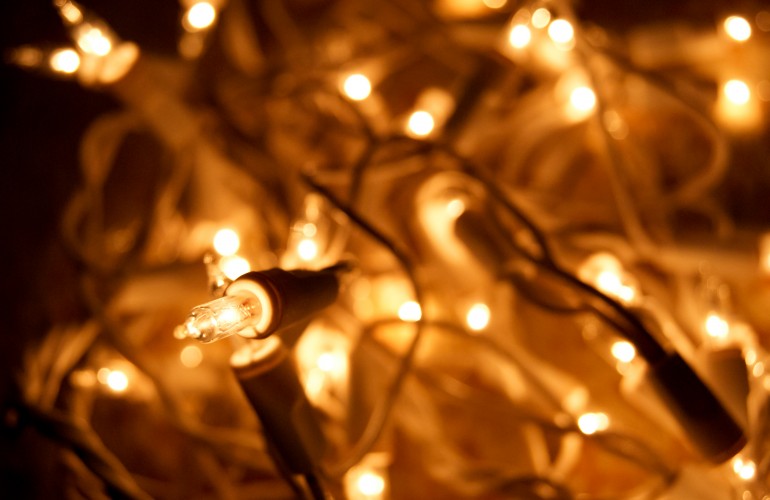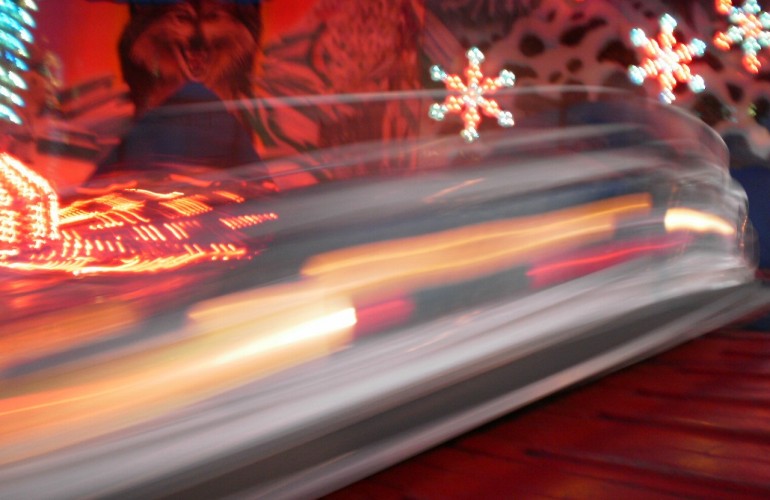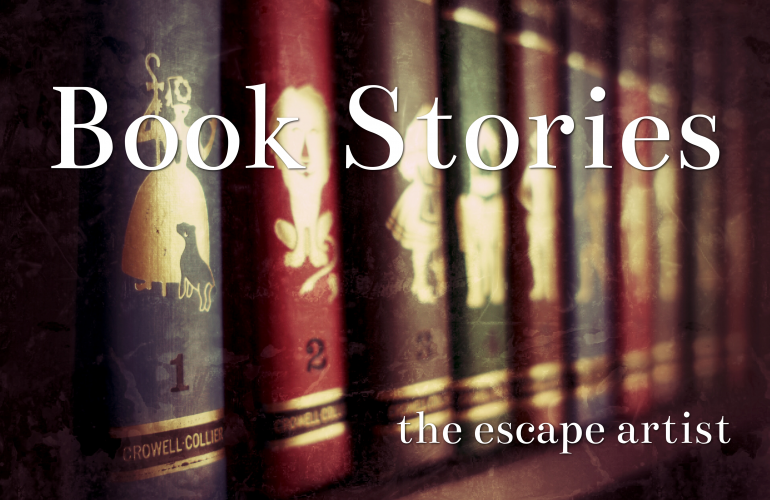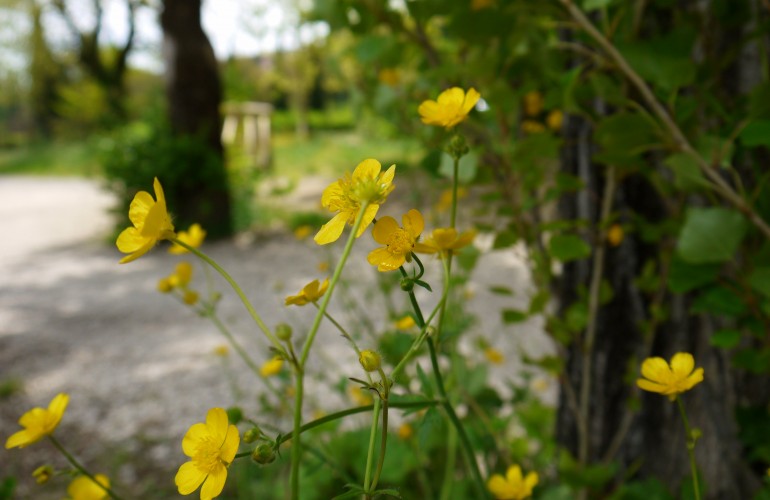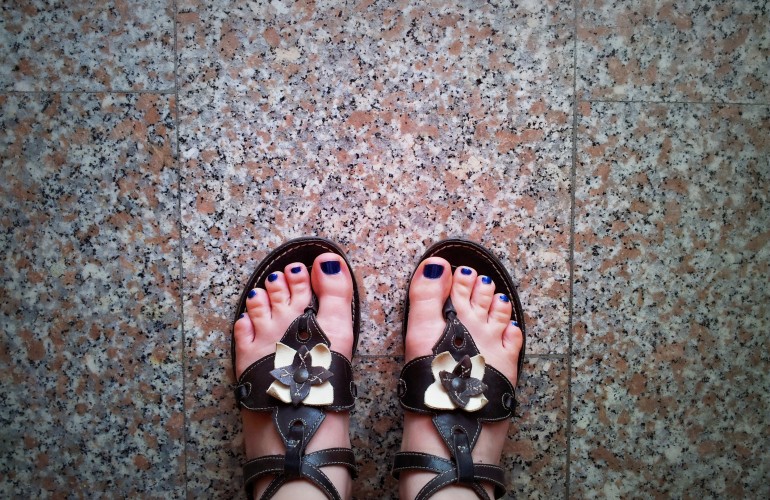I’ve written before about my inability to grasp cause and effect, due in particular to my early view of God as a cross between Mrs. Rachel Lynde and Jabba the Hutt. If you grow up under the jurisdiction of an almighty micromanaging gangster, of course you’re going to have trouble correlating your decisions with their outcomes. (“What flavor of ice cream would you like?” “God only knows…”) I’ve been considering another factor in my powerless-but-responsible mindset lately though, and if “overwhelm” were a noun, that’s what it would be.
I’ve been going through a rough personal patch for several months now—unexplained health issues, mental and emotional shut-downs, never enough internal resources to go around. Dan keeps assuring me that I don’t have to apologize for the efforts we’ve put into finding a solution, that my wellness is a priority. Here’s where the overwhelm comes in, however. When I try to puzzle out the calibration of mind, body, and soul, all I see is a tangle of interconnected Christmas lights. Miles of them. They loop around every facet of my daily life, stretch far into the past, and disappear above the rafters of my consciousness, and you might as well ask me to solve differential equations in my head as to find the one burned-out bulb.
Here, in no particular order, are some of the possible culprits I’ve come up with:
- Undiagnosed food sensitivities or allergies (If you say “coffee,” I will hurt you)
- Airborne pollution
- Stress for All The Reasons
- Hormonal imbalances
- A curse from the stoplight gypsy
- Nutritional deficiencies
- An undiscovered source of mold
- Disturbances in The Force
- Thin-skinned-ness
- Spiritual dysfunctions of all kinds
- Those unpronounceable chemicals on cereal boxes
- Adrenal fatigue
- Delayed onset culture shock
- Recurring trauma from events in the past
- Seasonal allergies
- Some medical mystery solvable only by House, M.D.
- Chronic worrywart syndrome
- GMOs
- Lack of gumption
- Karmic retribution
- Mental decline due to compulsive Facebook scrolling
- Unresolved relational issues
- Secondhand smoke
- Not enough exercise/sleep/security/time/confidence/fun/self-discipline/sunlight/peanut butter cups/[basically just insert anything here]
- General inadequacy of being
More mornings than I’d like to admit, I look at myself in the mirror, think “Oh no, not her again,” and then slump through my day as if I’ve been sentenced to an eternal three-legged-race with Jar Jar Binks.
I’m simply not up to troubleshooting the infinitesimal connections that make up a holistic self. How do others do it? Where do they find the internal wherewithal to dive into the tangle and emerge with a clear map of their wiring? I’m always left slightly utterly in awe when a friend tells me she’s suffering from adrenal fatigue or mold poisoning or (if she’s Italian) ailment of the liver. I couldn’t even tell you for sure if I have a liver much less how it’s affecting my overall sense of self.
This is the kind of post that I struggle to finish because I want to tuck the ends neatly in on themselves and say That’s that. I like solutions and “once upon a time”s and big-picture perspectives with proper story arcs in place. At the same time, I know how much of life takes place in the tangled betweens, how staking a claim in uncertainty helps us live it with intention. I know that writing this aloud may very well mean the difference between fearing overwhelm or greeting it as plot development. I know that an in-process self is one of the most generous gifts a person can give the world.
I’m trying to remember that it can be a gift to myself as well.
I’m taking life much more slowly these days, partly out of necessity and partly because I trust the loved ones who keep waving stop signs in my face. I’ve been putting green stuff into my breakfast smoothies and grinning my cheeks off (take that as you will) at Zumba and experimenting with anti-anxiety supplements. I’m veeerrrry slowly unclenching my grip on expectations for productivity, and even though letting goals slip through my fingers looks like the opposite of progress, it feels like sanity. None of this is helping me identify the burned out light bulb, mind you. I’m still eyeball-deep in snarls of theory and inconclusive medical tests, and I sort of wonder if I’m doomed to spend my life as a delicate wilting blossom of bafflement. I’m here though, in the heart of the tangle, learning and growing and claiming each small choice and effect as a badge of honor. As a gift.
